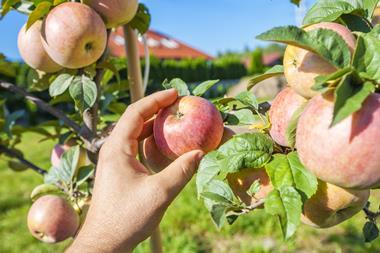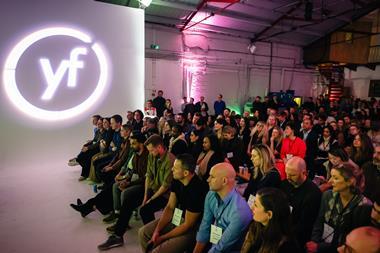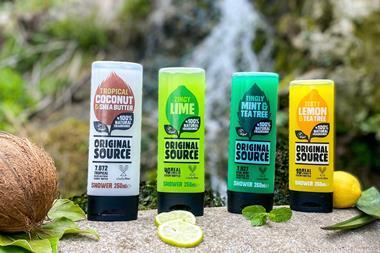It's time for a proper debate on genetic modification in agriculture, says Dr Helen Ferrier, the National Farmers Union's chief science and regulatory affairs adviser From the moment genetically modified crops were developed, they have been called all manner of dirty names. But 10 years have passed since the press coined the term Frankenfood and at last there are signs that the debate is moving on. Biotechnology is widely used in food production. GM bacteria are used in cheese production instead of rennet, for example. And GM crops have been commercially grown and traded globally for more than 10 years. In this world of developing technology, 10 years is a long time. The NFU does not tell its members what to grow or which markets to target. But we think biotechnology can deliver benefits for farmers and consumers. Our members know how to manage co-existence between GM and conventional or organic crops, and GM crops are already an established part of the food chain. However, we are seriously concerned that European authorisations for GM varieties lag far behind those in non-EU countries. With global cereal supplies short, this is causing worrying tensions in the feed supply chain. Several EU commissioners have voiced concerns but still nothing is done. It would be foolhardy to bury our heads in the sand and hope the issue goes away when margins are so tight and we are exposed to such a volatile economic and meteorological climate. Feed costs have gone through the roof and higher production costs are not being matched by retail prices. If the British livestock industry becomes uneconomic, meat will not disappear from the shelves. It will simply be imported to fill the gap. Biotechnology is simply another tool used in plant breeding to improve our crops. Genetic improvement has been used in all sectors of agriculture and horticulture for about 10,000 years. It is essential to achieve the yields, quality, safety and pest and disease resistance required to feed the population. This is true of all systems, conventional and organic. Farming is, and always has been, a battle against nature - against weeds, floods, drought and diseases. But we have to look after the environment and the people who work on the land. Contrary to the myths about GM crops, they offer environmental benefits by reducing pesticide use, improving soil quality and making crops more efficient. Britain's food supply is vulnerable and we cannot afford to ignore biotechnology as a way to develop and meet the challenges we are faced with, many of which will get more difficult as the climate changes.
Close menu
- Home
- Retail & Wholesale
-
Products & Suppliers
- Back to parent navigation item
- Products & Suppliers
-
Product Categories:
- Back to parent navigation item
- Product Categories:
- Alcoholic drinks
- Bakery
- Cereals & breakfast
- Cheese
- Chicken & poultry
- Chocolate
- Confectionery
- Crisps, nuts & snacks
- Dairy
- Fish
- Fresh produce
- Frozen
- Household
- Meat
- Own Label
- Sauces & condiments
- Seasonal
- Soft drinks
- Vaping
- Vegan & plant-based
- World foods
- Suppliers
- People
- Reports & Data
-
Topics A-Z
- Back to parent navigation item
- Topics A-Z
-
Popular topics:
- Back to parent navigation item
- Popular topics:
- Cost of living crisis
- Crime
- Deposit Return Schemes
- Finance
- Government & Regulation
- Health
- Inflation
- Loyalty
- Marketing
- Mergers & Acquisitions
- New Product Development
- Sourcing
- Supply chain
- Sustainability & environment
- Technology
- Ultra Processed Foods
- Vaping
- A-Z all topics
- Content by type:
- Events
- Ask iA (beta)
- Subscribe now
Sign in to comment on this article
Not logged in before? Register for FREE guest access today.
You will be able to:
- Read more stories
- Receive daily newsletters
- Comment on stories
Advert
















No comments yet